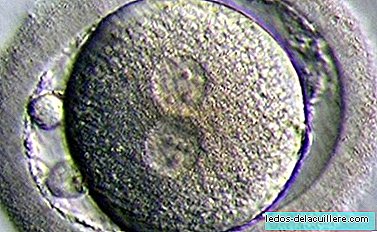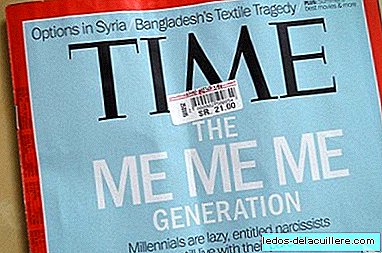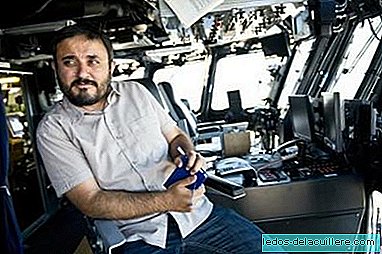
After an in vitro reproduction process, there are embryos that are not used and just stored while many couples do not say what they want their destiny to be. Between 10% and 40% of couples do not give their opinion, so there is only in Spain tens of thousands of frozen embryos with uncertain destiny.
In addition, the number does not stop growing, given the greater demand for this reproduction system. The eggs should be kept frozen in case the couple wants to have more children, unless already indicated otherwise. The options are: save them, donate them for research, for adoption or to be destroyed.
In cases where the couple does not position themselves in five years, they say what to do with the embryos, the reproduction law stipulates that clinical committees must decide what to do, becoming responsible for their destiny. But the reality is that they do not, so many centers accumulate embryos without a destination and no deadline.
The fear that the couple will return in the future looking for embryos, among others, make hospital managers accumulate the embryos, buying containers of liquid nitrogen to accommodate the tens of thousands of frozen embryos with uncertain destiny.
Research is an interesting option and I think that is why I would choose, although sometimes there are no specific projects to which to donate the embryos. The adoption is also successful, although as Spanish law indicates that only embryos of women under 35 can be adopted, the vast majority are left out of this possibility.
As to destroy embryos, is the least chosen option when parents are positioned (10%), and among medical professionals there is a double reason why they do not opt for this decision. On the one hand, although the law allows it, there are reluctance and a fear of the reactions of conservative and religious groups.
On the other hand, the law stipulates that destruction cannot be carried out until the woman has completed her reproductive age. That is, approximately until you are around 50 years old. And that this must be certified by two doctors outside the center that keeps them. It is complicated to do when couples do not respond.
Medical professionals point out that couples should be more responsible in these cases and make one or another decision, because disregarding frozen embryos can prove to be a problem in a few years. Laws should also favor the different uses of these embryos.
In short, it should be favored that the uncertain fate of frozen embryos cease to be, and give them utility or destroy them according to the interests, needs or conscience of the parents, who find in this decision an understandable difficulty.












